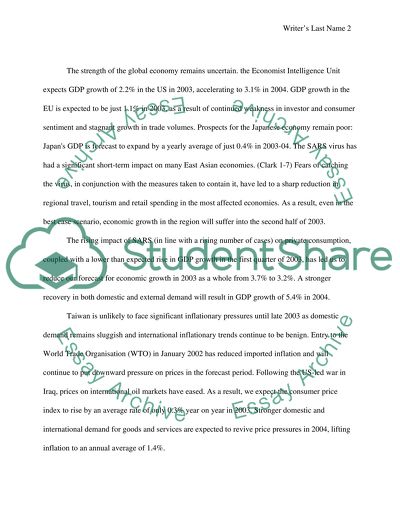Cite this document
(“The Economic in Taiwan Essay Example | Topics and Well Written Essays - 2250 words”, n.d.)
The Economic in Taiwan Essay Example | Topics and Well Written Essays - 2250 words. Retrieved from https://studentshare.org/miscellaneous/1518357-the-economic-in-taiwan
The Economic in Taiwan Essay Example | Topics and Well Written Essays - 2250 words. Retrieved from https://studentshare.org/miscellaneous/1518357-the-economic-in-taiwan
(The Economic in Taiwan Essay Example | Topics and Well Written Essays - 2250 Words)
The Economic in Taiwan Essay Example | Topics and Well Written Essays - 2250 Words. https://studentshare.org/miscellaneous/1518357-the-economic-in-taiwan.
The Economic in Taiwan Essay Example | Topics and Well Written Essays - 2250 Words. https://studentshare.org/miscellaneous/1518357-the-economic-in-taiwan.
“The Economic in Taiwan Essay Example | Topics and Well Written Essays - 2250 Words”, n.d. https://studentshare.org/miscellaneous/1518357-the-economic-in-taiwan.


